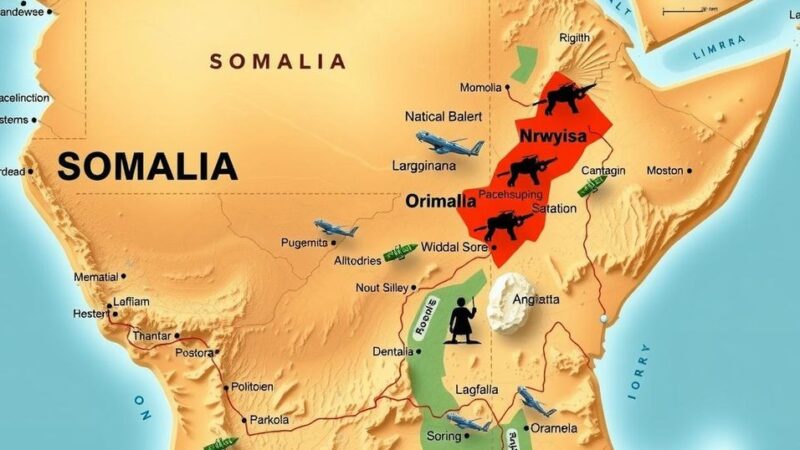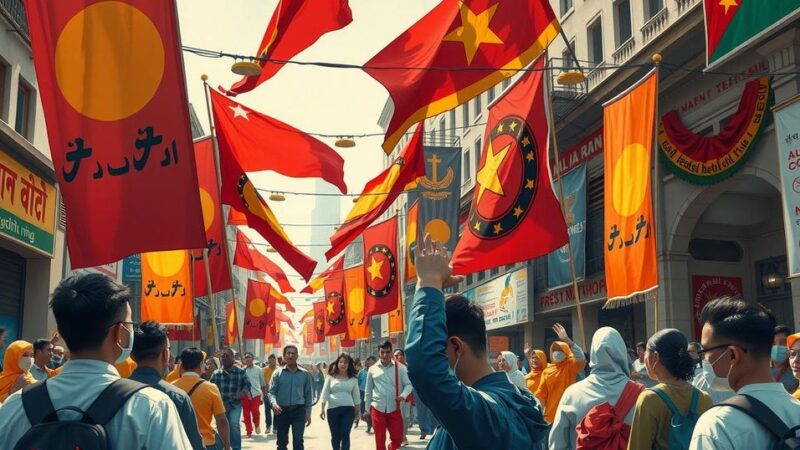The Burundian election commission has prohibited opposition candidates, particularly from the Burundi for All coalition, from participating in the upcoming June elections. This decision affects the opposition National Freedom Council, and key figures such as Agathon Rwasa are impacted as well. Analysts argue the government aims to suppress political dissent, following a decree that imposes strict requirements on independent candidates, amid ongoing human rights concerns in the country.
The Burundian election commission has officially barred opposition candidates from participating in the upcoming June elections, as announced by opposition leaders on Wednesday. This decision predominantly impacts candidates affiliated with the four-party coalition known as Burundi for All, which received recognition from the interior ministry in December.
The Independent National Electoral Commission (CENI) announced that candidates from the opposition National Freedom Council (CNL), part of the coalition, would be excluded due to the temporary suspension of their party, purportedly in contravention of electoral laws. Notably, Agathon Rwasa, who was the runner-up in the previous presidential election, has been one of the principal figures affected by this ruling.
Rwasa, who previously contested against President Evariste Ndayishimiye during the 2020 elections, is currently engaged in legal challenges concerning his exclusion from the upcoming elections. Political analysts express concerns that the government aims to hinder his political participation. This decision follows a contentious decree instituting harsh conditions for independent candidates, which critics assert aims to obstruct Rwasa’s candidacy.
The human rights situation in Burundi remains alarming, characterized by ongoing repression against opposition figures. This occurs amid a gradual departure from isolationism under President Ndayishimiye’s administration.
In summary, the Burundian election commission’s decision to exclude opposition candidates from the June elections raises significant concerns regarding political freedoms and electoral integrity in the nation. The specific targeting of figures like Agathon Rwasa and the implementation of stringent conditions for candidacy highlight a troubling trend of repression against dissent in Burundi. As human rights issues persist, the political landscape remains precarious, with calls for greater transparency and fairness in the electoral process.
Original Source: newscentral.africa






